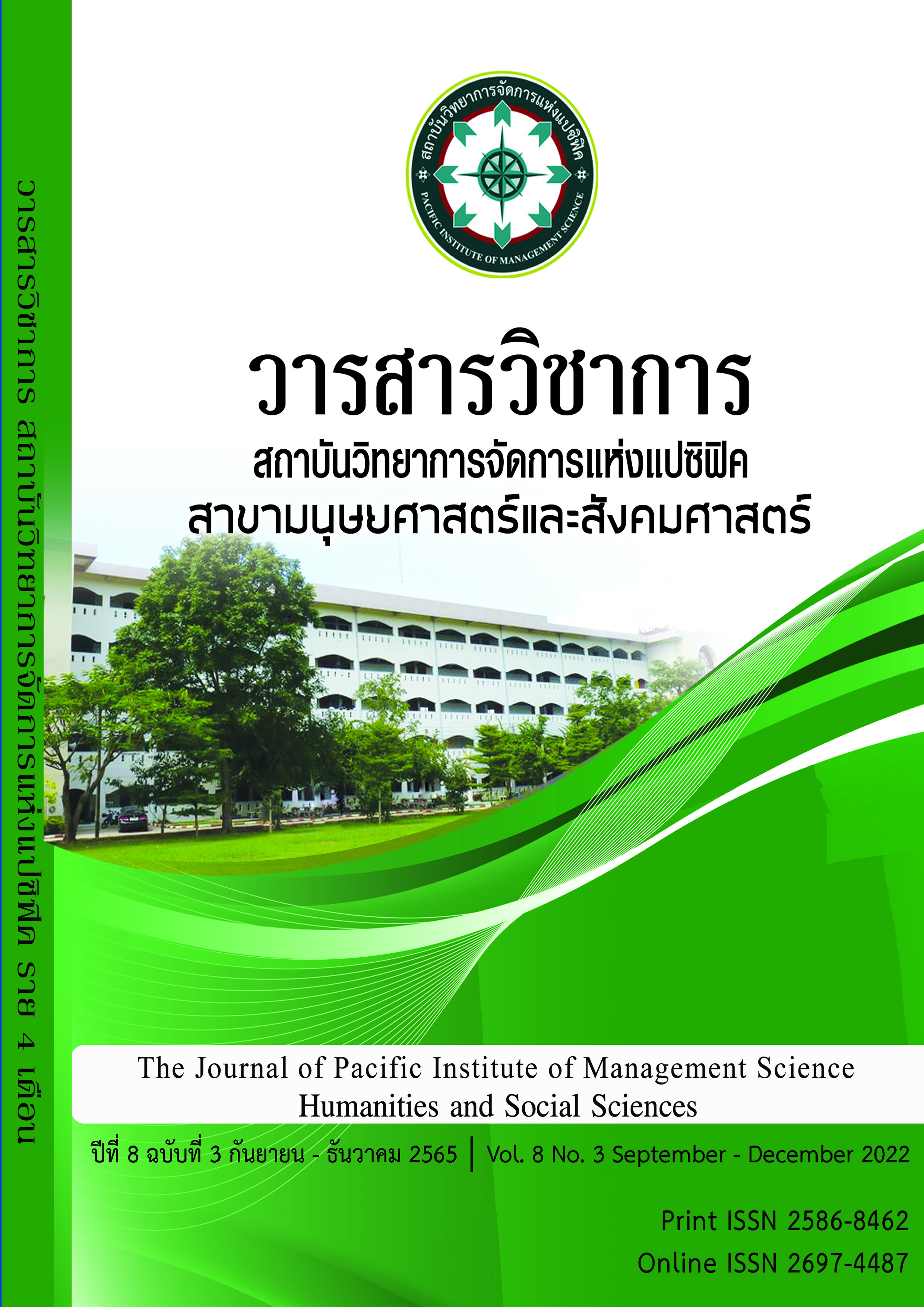The Impact of Educational Resources Investment on Performance Management: A Case Study of Off-Campus Music Training Institutions in Guangxi Province, China.
Keywords:
Educational Resources Investment; Performance Management; Off-campus Music Training InstitutionsAbstract
The performance management research of this paper was based on the multi-dimensional perspective of educational resources investment for the study of Guangxi off-campus music training institutions. With research objectives were to find out and put forward the problem of educational resource investment, explore the deep essence behind the phenomenon, and investigate the current situation, with analyze the influencing factors of performance management in off-school music training institutions. Through a systematic and comprehensive exploration of the status quo of performance management of off-campus music training institutions, this paper collects, collates and researches relevant literature materials, and conducts a typical survey of teachers of representative off-campus music training institutions in Guangxi through interviews and questionnaires. The survey was showed that there were still some problems in the performance management of off-campus music training institutions in Guangxi Province, including: low salary of teachers in off-campus music training institutions, weak teacher resources, improved quality of music teaching activities, and backward software and hardware facilities. Institutional culture and brand influence are insufficient, the institutional environment is not ideal, and the venue lacks innovation awareness. The main reason for these problems is the weak investment in educational resources. The indicators for measuring the off-campus music training institutions in Guangxi should be considered in four aspects: institutional security, institutional environment, institutional facilities, institutional culture and brand, and institutional leadership. All educational resource input factors have a certain effect on the performance management of training institutions.
References
Dai, N. (2013). Some thoughts on higher music education with Hebei characteristics. Music Grand View,(21), 231-231.
Feng, F. (2014). The present situation of primary and secondary education in China from the perspective of teacher ratio and average class size. Journal of Teaching and Management, (10), 35-37.
Hong, Z. Z. (2014). Analysis of the complexity and dynamic structure of teacher performance wage policy. Global Education, (4), 68-74.
Li, X. W. (2014). Problems and improvements in the development of the curriculum in primary and secondary schools. Educational Research, (5), 107-112.
Liu, Z. T. (2013). The theory, current situation and strategy of the teaching investment of the school teachers in the school. China Higher Education Research, (8), 14-20.
Lu, Q. Q. (2016). A brief analysis of the existing problems and countermeasures of China's primary and secondary education and training institutions. Statistics and Management, (8), 169.
Wang, H. B. (2013). Discussion on some problems in the operation and management of primary and secondary school educational training institutions. Chinese Market, (34), 183-184.
Wu, J. (2016). Analysis of current situation and research on development countermeasures of China's education and training market. Research on Modern State-Owned Enterprises, (6), 91.
Xi, F. (2013). The government's supervision responsibility and boundary for off-campus educational institutions at the stage of compulsory education. Educational Development Research, (12), 68-71.
Downloads
Published
Issue
Section
License
Copyright (c) 2022 Pacific Institute of Management Science

This work is licensed under a Creative Commons Attribution-NonCommercial-NoDerivatives 4.0 International License.
บทความที่ได้รับการตีพิมพ์เป็นลิขสิทธิ์ของ สถาบันวิทยาการจัดการแห่งแปซิฟิค
ข้อความที่ปรากฏในบทความแต่ละเรื่องในวารสารวิชาการเล่มนี้เป็นความคิดเห็นส่วนตัวของผู้เขียนแต่ละท่านไม่เกี่ยวข้องกับสถาบันวิทยาการจัดการแห่งแปซิฟิค และคณาจารย์ท่านอื่นๆในสถาบันฯ แต่อย่างใด ความรับผิดชอบองค์ประกอบทั้งหมดของบทความแต่ละเรื่องเป็นของผู้เขียนแต่ละท่าน หากมีความผิดพลาดใดๆ ผู้เขียนแต่ละท่านจะรับผิดชอบบทความของตนเองแต่ผู้เดียว







